Improve your stakeholder management skills
Navigating stakeholder expectations can be a minefield which is why so many companies stress the importance of stakeholder management skills when recruiting executive support staff.
There's always someone in the work sphere who doesn't quite understand the meaning of 'sense of urgency' in the same way you do. Priority lists may not align, and in asserting your position, miscommunication can occur and hinder your ability to manoeuvre seamlessly around your internal and external stakeholders - the networks so depended on by your manager.
The more senior an executive support role, the more project-based the work can be and the more people you need to engage and influence. Stakeholder management is a critical skill, but so is knowing what to draw from your diverse toolkit to impact your effectiveness in this area.
Communication, critical thinking, cultural competence, planning and flexibility make for an indispensable formula. Knowing how to apply this formula is the key to disrupting your stakeholder management approach for the better!
Critical thinking, Planning & Flexibility
Your stakeholder network is not static. The nature of global business continues to evolve and become more and more interconnected. Particularly for growing organisations, networks are often international but always dynamic and fluid. Key stakeholders one day will be secondary the next and vice versa. Having a thorough understanding of your manager's deliverables and the strategic objectives of your organisation help you define the stakeholders and where on the radius of your network's radar they need to be in relation to the central point - that is, the deliverable. To be an effective and valuable contributor in this dynamic, you are proactive in your role, understand your manager's deliverables and what they are working towards, and clearly understand your organisation's strategic objectives.
If you can validate these points with a firm 'yes', you have the foundation to apply the critical thinking, planning and flexibility required to build your stakeholder map.
Communication and Cultural Competence
A hard-to-pin-down stakeholder or a colleague who doesn't seem to appreciate your approach can hinder your progress, cause delays to a project and, in the worst case, impact negatively on tight budgets. The measure of one's success often hinges on how much cut-through you have in these situations. Understanding your work style and the various work styles that exist in the workplace is a considerable advantage. It's like having the legend needed to navigate the stakeholder map with agility and precision.
There's much intelligence to derive from understanding a stakeholder's work style, including:
how to position a narrative to get the buy-in of your ideas;
when and how to initiate a discussion;
how much or how little information to provide;
when to take the initiative with decisions or when and how to motivate others to make them.
Achieving cut-through depends on culturally competent communication which is a leadership skill that enhances interpersonal agility. This enables you to understand diverse stakeholders enough to identify the best ways to engage them.
stakeholder management and the new way of work
Organisational leaders depend on stakeholder networks more than ever. In an agile leadership environment, these networks are critical to achieving strategic objectives. To continue to meet (and exceed) expectations, executive and personal assistants must equip themselves with the competencies that optimise a leader's efforts in the new way of work. This new way of work puts significant emphasis on managing and engaging diverse stakeholder networks. As an extension of the leaders you represent, finely tuned stakeholder management skills are a must.

